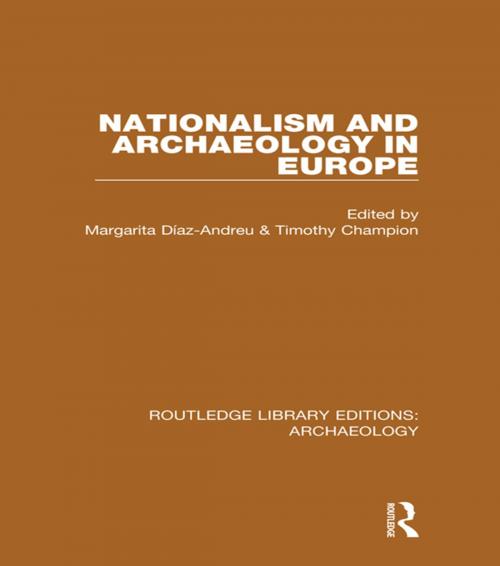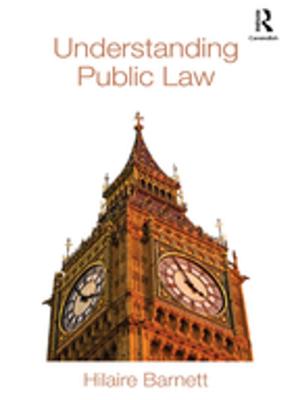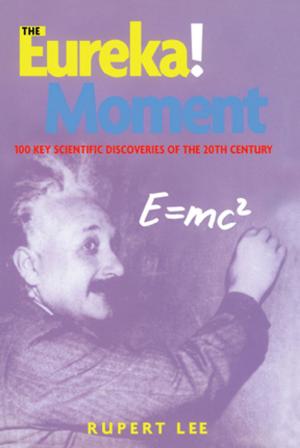Nationalism and Archaeology in Europe
Nonfiction, Social & Cultural Studies, Social Science, Archaeology| Author: | ISBN: | 9781317605133 | |
| Publisher: | Taylor and Francis | Publication: | October 24, 2014 |
| Imprint: | Routledge | Language: | English |
| Author: | |
| ISBN: | 9781317605133 |
| Publisher: | Taylor and Francis |
| Publication: | October 24, 2014 |
| Imprint: | Routledge |
| Language: | English |
Archaeologists from many different European countries here explore the very varied relationship between nationalistic ideas and archaeological activity through the course of the nineteenth and twentieth centuries. The resurgence of nationalism was one of the most prominent features of the European political scene in the 1990s, when this book was originally published. The past provides a large supply of ideas and images to support the claims of national identity deeply rooted in remote generations. The remote past revealed by archaeology also plays a part – heroes, heroines, golden ages long disappeared, objects to admire, and sites to provoke the memory, all called on to further the cause of nationalism.
Drawing on the authoritative insights of the indigenous contributors, this book examines the issues throughout modern Europe. All of the chapters share a concern to see archaeology and the study of the past as intimately related to contemporary social and political questions. The present shapes the way we think about the past but the past also provides us with evidence for thinking about the present. These issues are timeless and this comprehensive examination of a host of issues remains important for historians and those pursuing nationalistic politics.
Archaeologists from many different European countries here explore the very varied relationship between nationalistic ideas and archaeological activity through the course of the nineteenth and twentieth centuries. The resurgence of nationalism was one of the most prominent features of the European political scene in the 1990s, when this book was originally published. The past provides a large supply of ideas and images to support the claims of national identity deeply rooted in remote generations. The remote past revealed by archaeology also plays a part – heroes, heroines, golden ages long disappeared, objects to admire, and sites to provoke the memory, all called on to further the cause of nationalism.
Drawing on the authoritative insights of the indigenous contributors, this book examines the issues throughout modern Europe. All of the chapters share a concern to see archaeology and the study of the past as intimately related to contemporary social and political questions. The present shapes the way we think about the past but the past also provides us with evidence for thinking about the present. These issues are timeless and this comprehensive examination of a host of issues remains important for historians and those pursuing nationalistic politics.















